Billions of dollars are being fueled into building a unified and interconnected digital world, otherwise known as the metaverse—and gaming companies are leading its creation. Epic Games, best known as the creator of Fortnite, announced on April 13, 2021 a $1 billion round of funding to build a “long-term vision of the Metaverse” which will help the company further develop connected social experiences. Sony Group Corporation contributed an additional $200 million strategic investment to align Epic Games’ upcoming Metaverse with its technology, entertainment and socially-connected online offerings.
The meta-space race is on as competition to create, define and own the metaverse takes off.
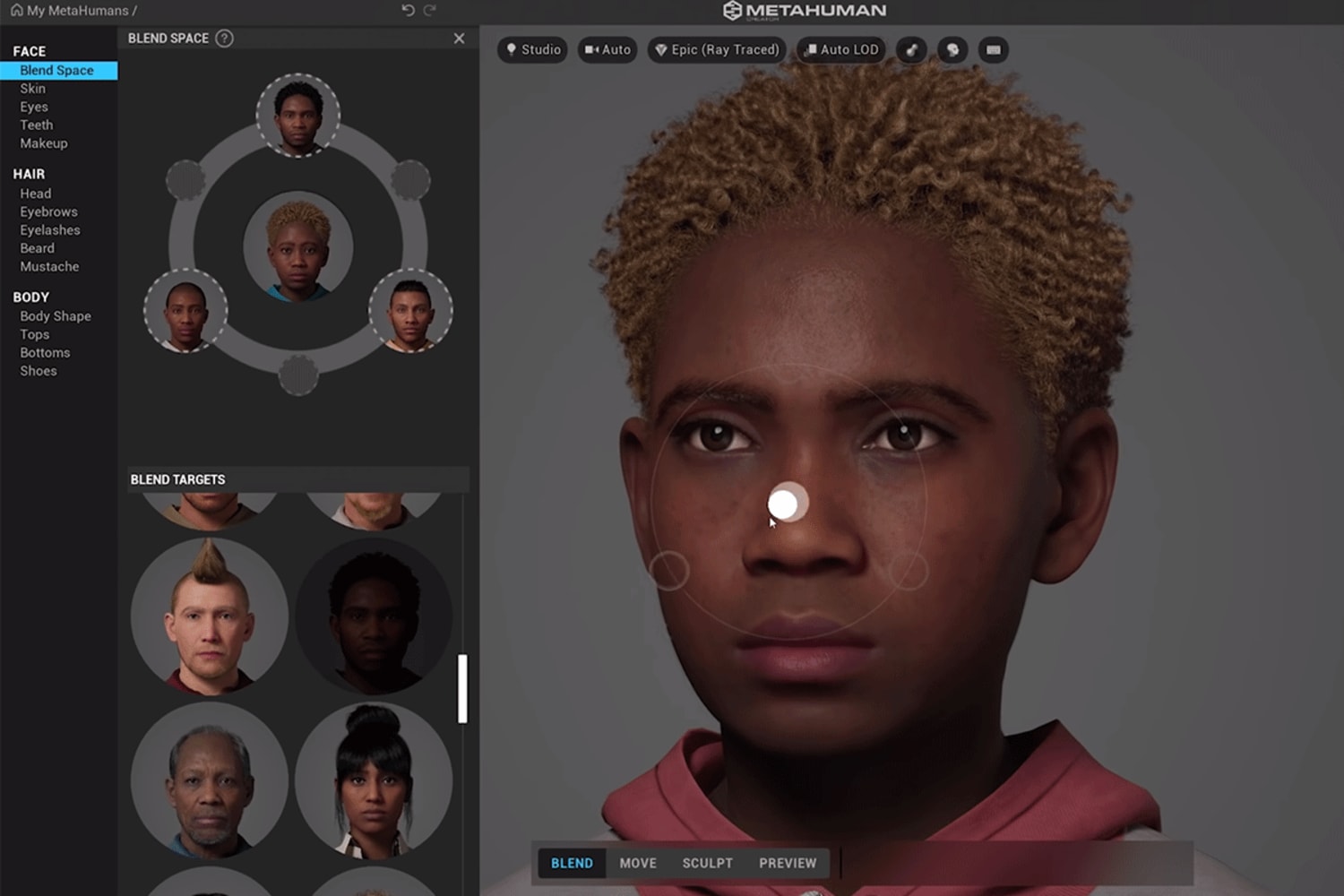

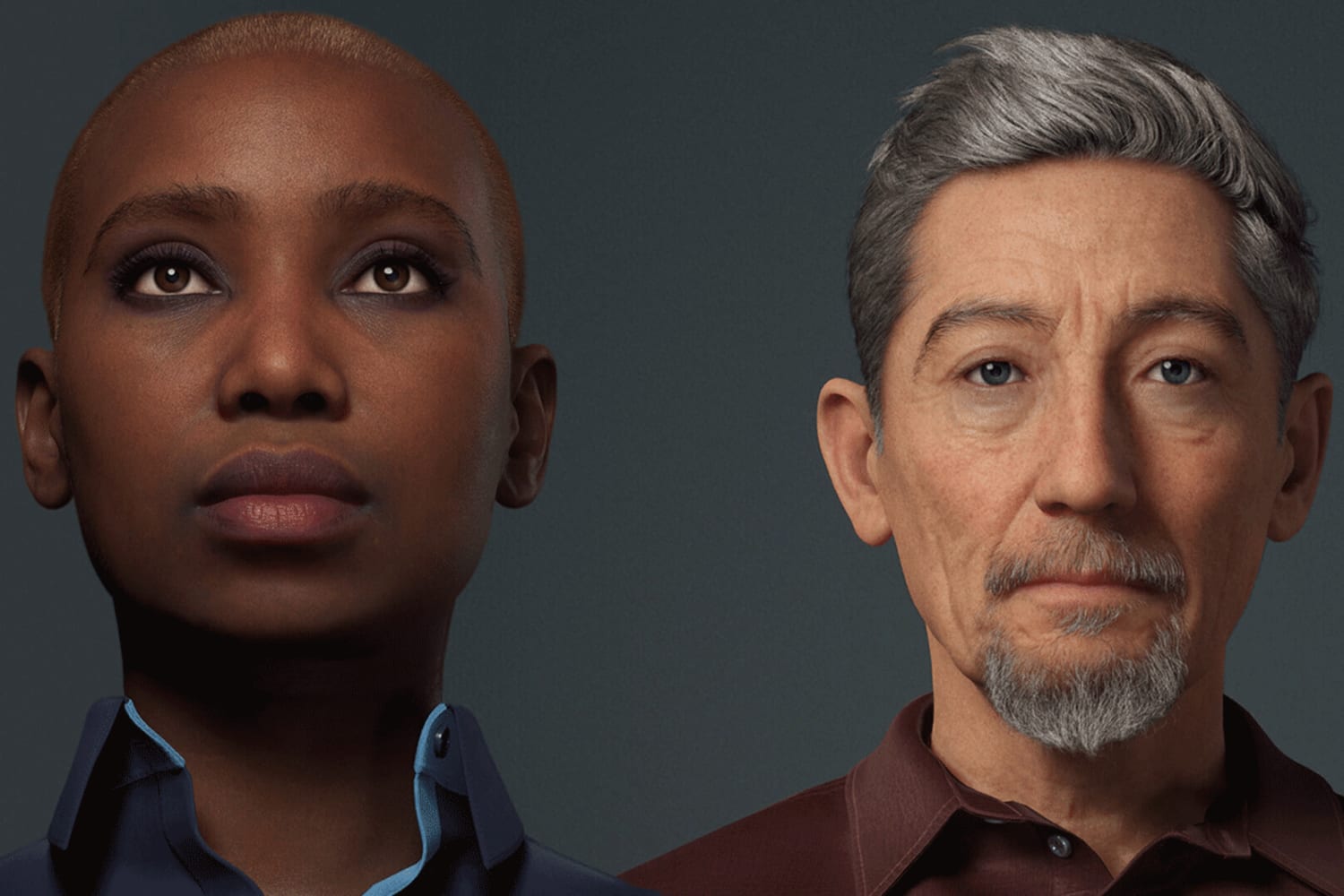

Hot on the heels of Epic Games’ announcement, CEO Jensen Huang of US-based tech company Nvidia told Time magazine the company is creating a “virtual world that is a digital twin of ours.” Huang believes every city, building and factory will someday have a digital replica that will “simulate and track the physical version of it.” Currently, Nvidia and BMW are partnering on a “digital twin” of the car company’s factory in Regensburg, Germany, allowing the teams to virtually plan and playout new workflow logistics before implementing these changes in their physical factory. The future of the metaverse is “ultimately about the fusion of the virtual and the physical world,” explains Huang.
Gaming brand Atari is collaborating with crypto-company Bondly Finance, to bring NFTs into the work-in-progress Atari Metaverse. Brands will have the option to build their outlet and community using digital real estate. Brandon Smith, CEO of Bondly, describes their vision: “music artists, sports stars and all creators can engage fans in new, unique ways. For example, creators can mint their own NFT in-metaverse and distribute to fans, which then become access passes to new superfan experiences.”
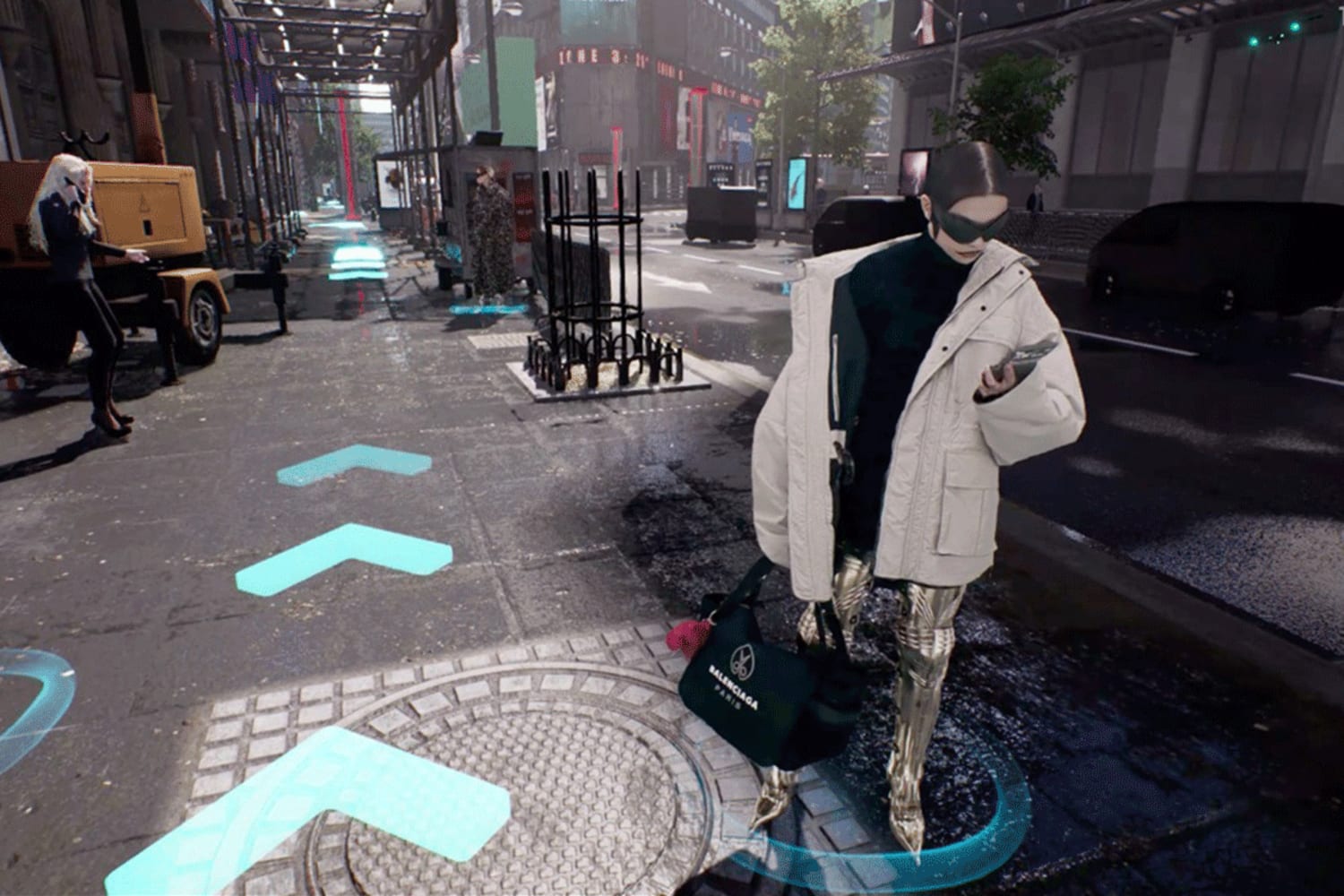
A metaverse of sorts already exists as new developments in tech hardware, gaming mechanics and social media platforms converge. Brands are already dipping their toes in the metaverse for product launches, virtual headquarters, events and more. Grant Paterson, head of Gaming and Esports at Wunderman Thompson, sees the metaverse as a rich space for brands. “The rapid growth and diversification of these virtual environments will force the marketing industry to fundamentally reconceptualize how brands communicate with consumers,” Paterson tells Wunderman Thompson Intelligence.
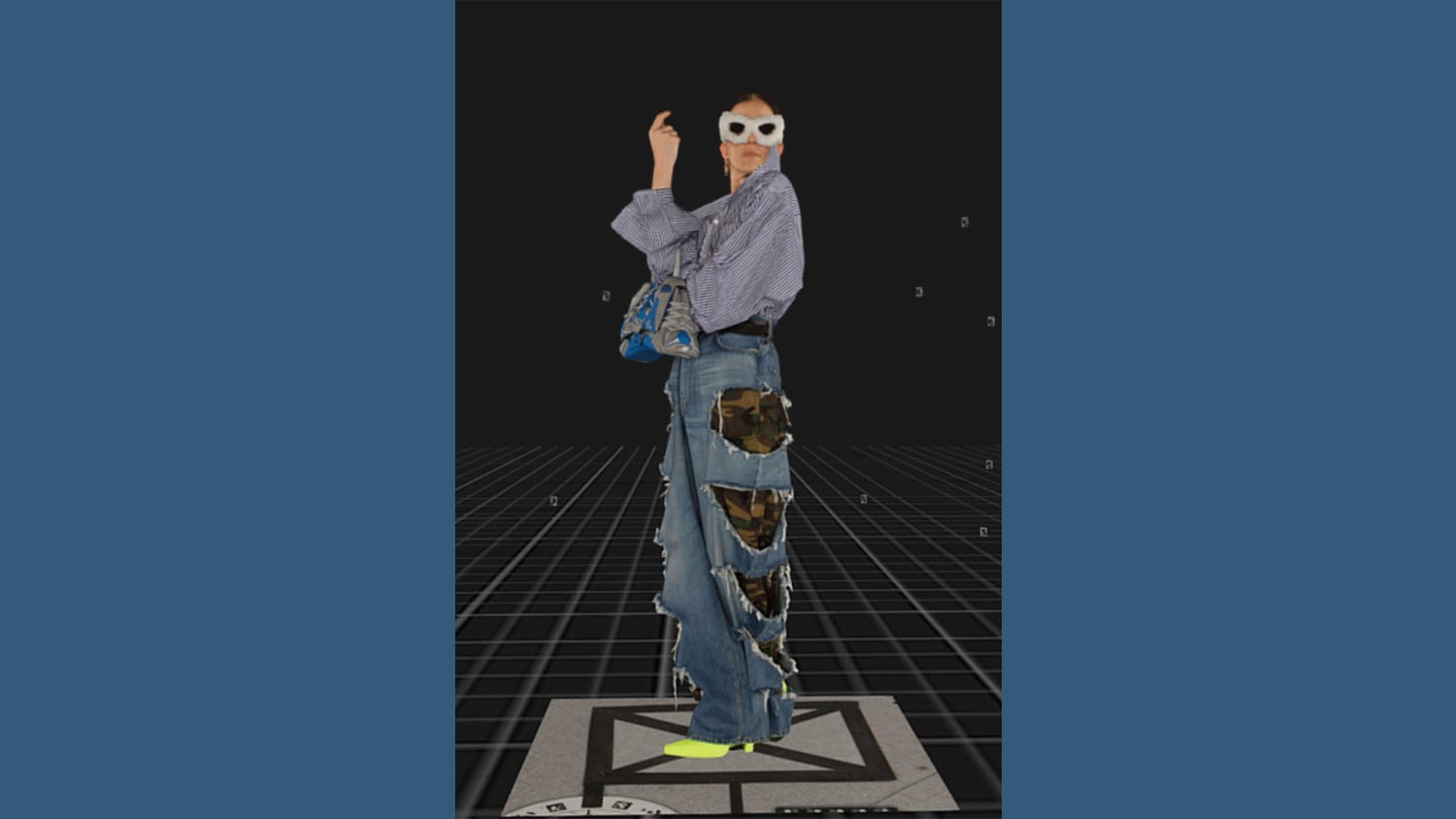
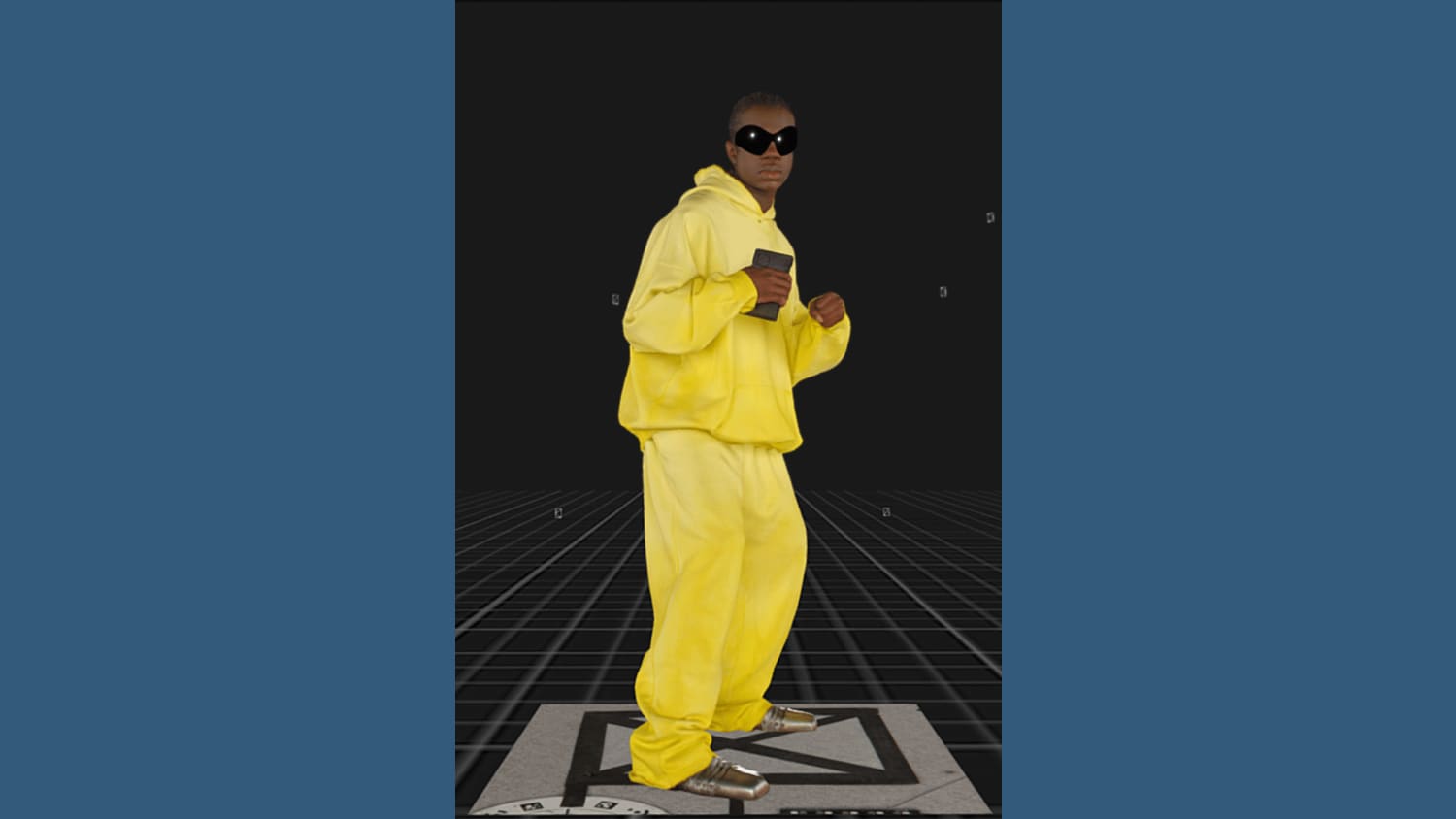
Some brands are already pushing the boundaries of this elastic space. German beauty tech brand Look Labs will drop Cyber Eau De Parfum, a “world’s first” interactive, digital fragrance as NFT in April 2021. Meanwhile, at the end of 2020, Balenciaga launched its Fall 2021 collection with an interactive 3D gaming experience developed by Epic Games. The luxury fashion house merged gaming mechanics with cinematic quality for “interactive media” that Epic Games believes is “the future of marketing.”
On April 7, 2021, design publication Dezeen gathered guests in a rooftop metaverse, where speakers described the potential of this virtual world. Architect Fredrik Hellberg said the metaverse will allow people to “extend [their] body into architecture,” and Amber Slooten, co-founder of virtual fashion studio The Fabricant, believes “the virtual world and the real world will integrate.”
The very definition of metaverse remains ambiguous as this world continues to evolve, but it clearly will play an integral role in shaping the future of societies, culture and brand presence. Paterson describes the metaverse as the future of the internet, “a vision in which we will shift seamlessly between virtual and physical experiences, economies, environments and ecosystems.”
For more metaverse coverage, you can download our report: "Into the Metaverse."
Related content:
Please provide your contact information to continue.
Related Content

Bitter Truths from VML UK Targets Parents and Showcase Duracell's Bitter Coating Technology

